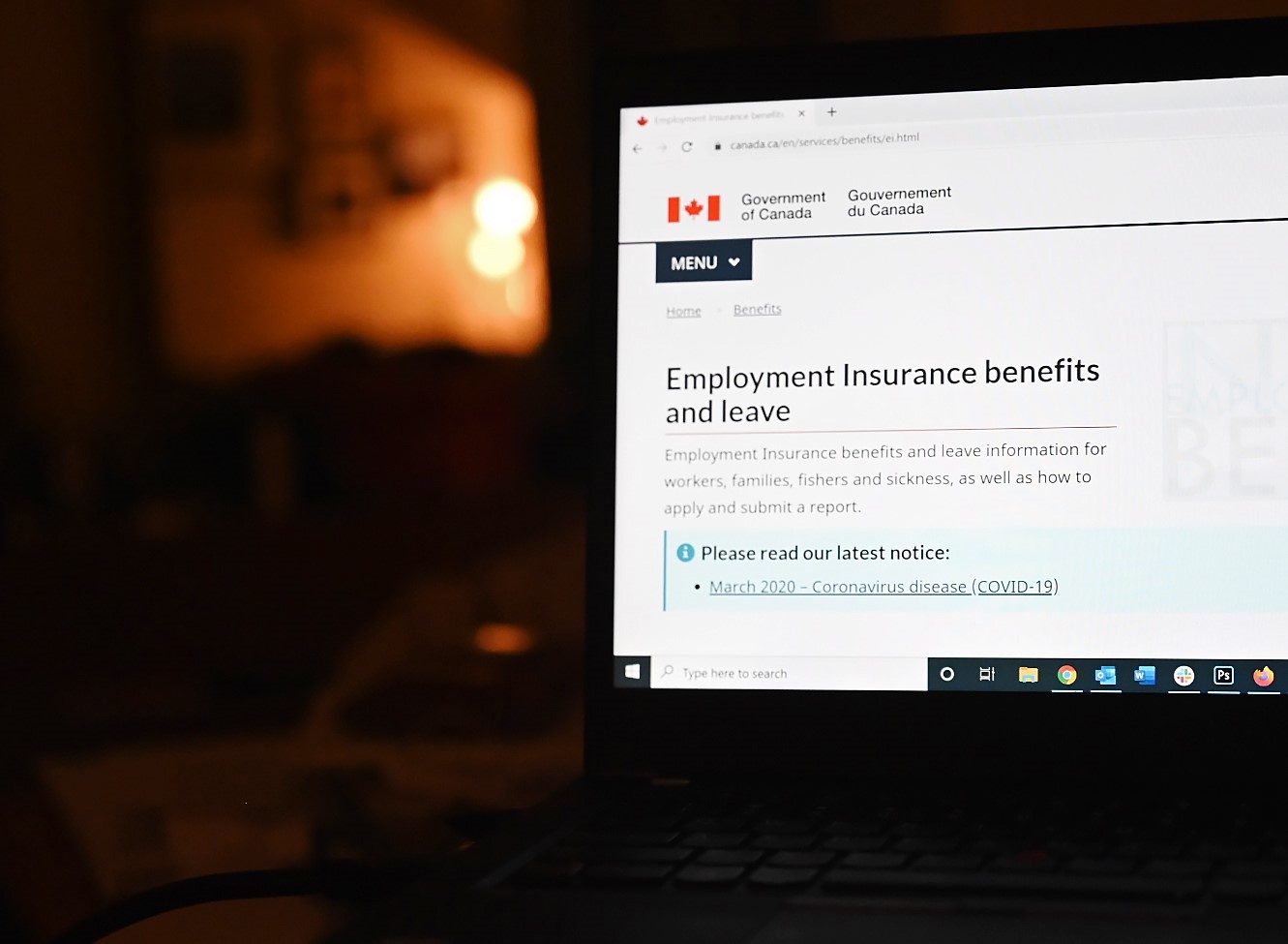TORONTO — Canada’s emergency response benefits have become a flashpoint, as employers seek to recall workers who are still concerned about the effects of the COVID-19 pandemic.
A poll by the Canadian Federation of Independent Business suggested tensions are flaring between workers and employers, with around 27 per cent of 3,389 employers polled indicating some of their laid-off staff have refused to return to work.
Of the nearly 870 businesses that provided the reasons their employees gave for refusing to return to work, 62 per cent reported workers “prefer the Canada Emergency Response Benefit.” Employers could choose more than one explanation for why a worker refused to return, and respondents also selected options such as concern for health (47 per cent), childcare obligations (27 per cent) or lack of hours in return offer (16 per cent).
CFIB president Dan Kelly said it’s “clear” that CERB “created a disincentive to return to work for some staff, especially in industries like hospitality.” Other sectors where conflicts are arising include child care, dental offices, home health care, amusement parks, gambling and spectator sports, the study suggested.
“CERB was created as emergency support for workers who had lost their job due to the pandemic, not to fund a summer break,” Kelly said in a statement.
But Ian Robb, Canadian director of the Unite Here union that represents hospitality workers, disagrees. He said workers are impatient to return to work — for what is usually the lucrative summer season — but employers are the ones failing to adopt measures like frequent cleaning and wage subsidies. The union previously estimated that average wages in cities like Toronto are around $20 per hour for hospitality.
“A number of our members in the U.S. have gone to work and contracted (COVID-19),” Robb said.
“There’s just not enough safety in front of service. Nobody wants to stay home and make two grand when they can make double that by working.”
The survey suggested that the hospitality sector had the biggest share of employers, 45 per cent, who had trouble recalling workers. CFIB defines hospitality as including hotels, restaurants and bars.
The CFIB study suggests that in the hospitality sector, 56 per cent of hard-to-fill positions were “unskilled, entry-level jobs” that pay “at or around minimum wage,” although across sectors, skilled and semi-skilled jobs were harder to fill.
Employment and human rights lawyer Neena Gupta says she has heard of tradespeople unable to perform jobs because workers failed to return.
She said the reason an employee is refusing the work matters. Lack of childcare, like daycare and camps, can be a job-protected reason for staying home, as can disabilities such as being immunocompromised, says Gupta, a partner in Gowling WLG’s Waterloo Region and Toronto offices.
The federal government’s website states that workers seeking CERB, which offers $500 per week over a limited period, “should be seeking work opportunities and/or return to work when their employer makes a request for their return, provided they are able and it is reasonable to do so.” The government’s COVID-19 guidelines also provide for employees to refuse to do a dangerous job, although the worker must already “be at work” to refuse such a task.
However, notes Gupta, general apprehension about the pandemic is likely not enough to merit a job refusal. She said workplaces must comply with health and safety guidelines, and that a ministry inspection must find some sort of violation to justify a job refusal.
Managers should give workers a written “come back to work” recall and an indication that it will be treated as job abandonment if the worker doesn’t return, says Gupta. After that process is completed, the employer could consider that worker terminated for cause, and hire a replacement.
While reporting misuse of CERB by a former employee might appear to give an employer some moral satisfaction, Gupta says it’s unlikely to help with staffing concerns or worker morale.
“I do ask people to be reasonable. You can’t call someone at noon on a Thursday and expect them in at 7 a.m. on Friday,” she says.
CFIB, a policy advocacy group that represents small and medium-sized businesses and has 110,000 members, collected the data from members online between July 3 to July 6.
This report by The Canadian Press was first published July 16, 2020.
Anita Balakrishnan, The Canadian Press














